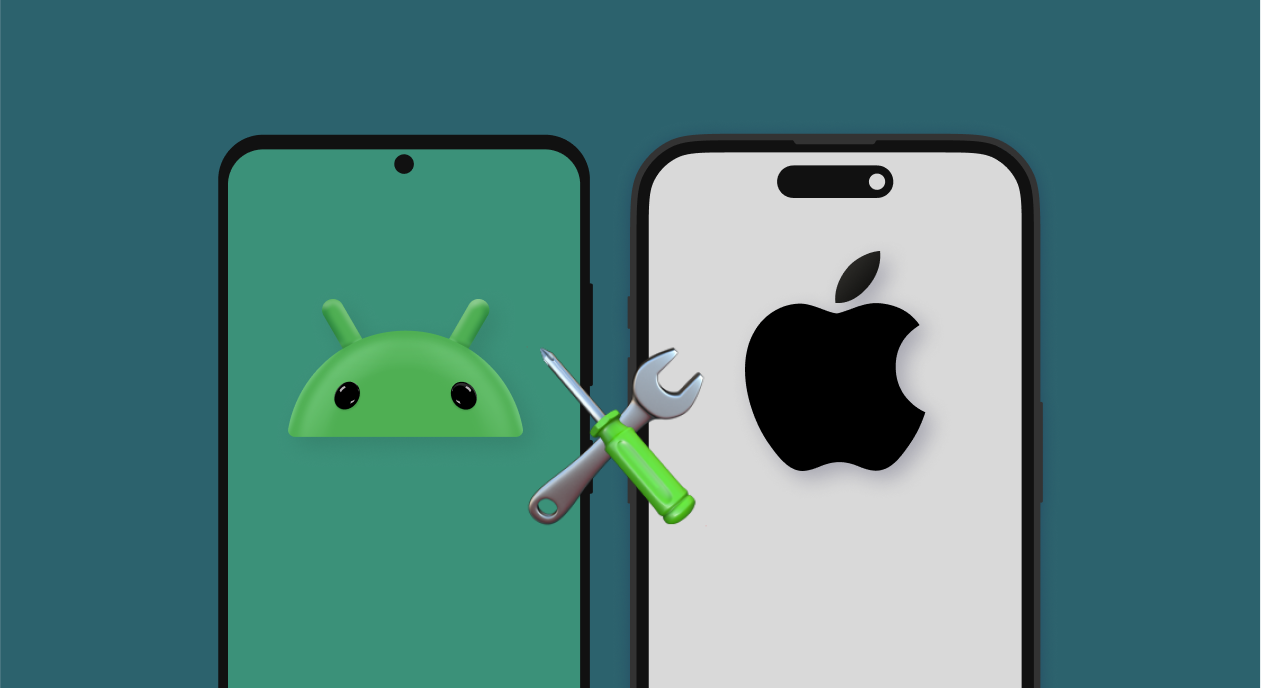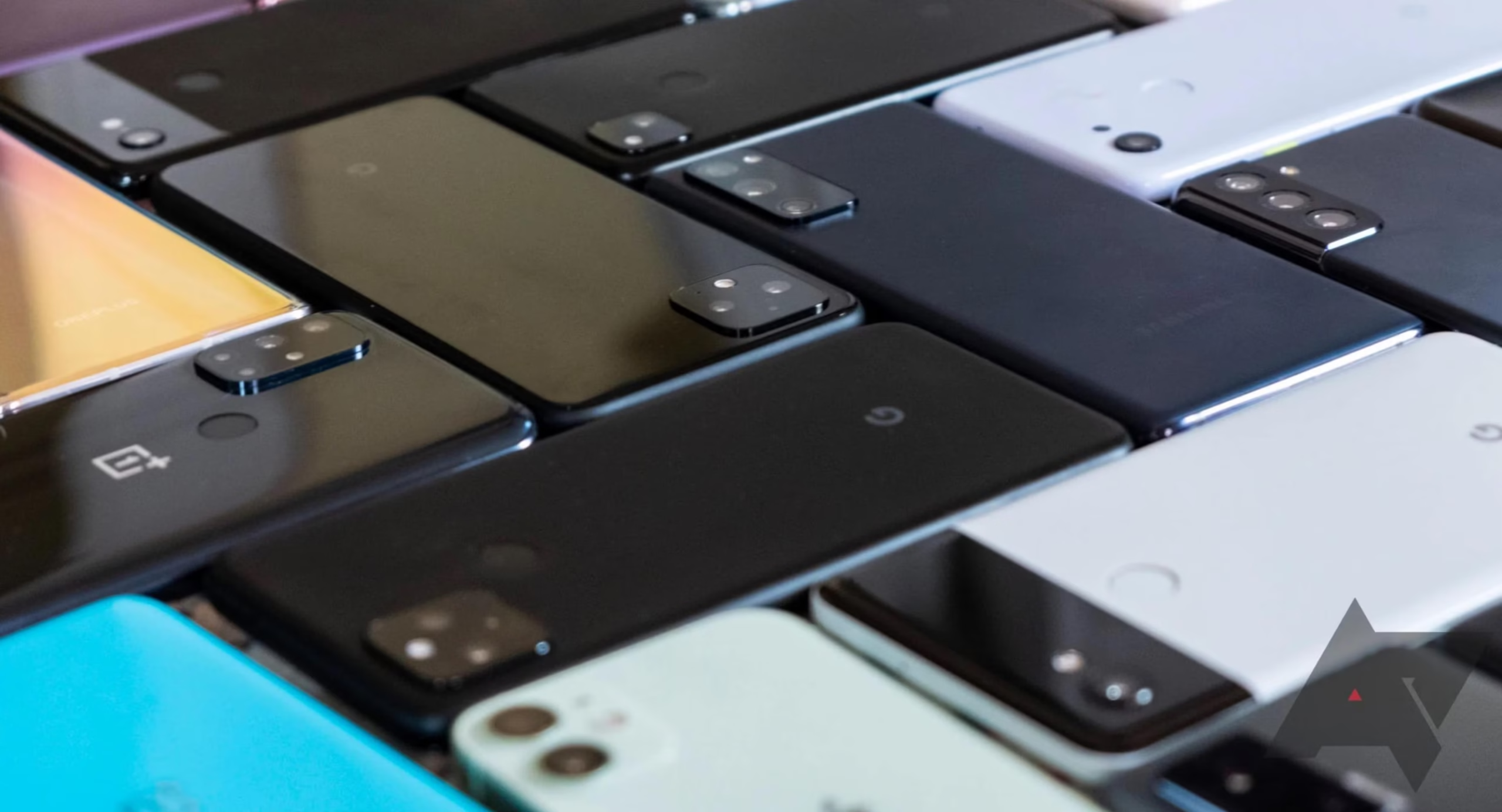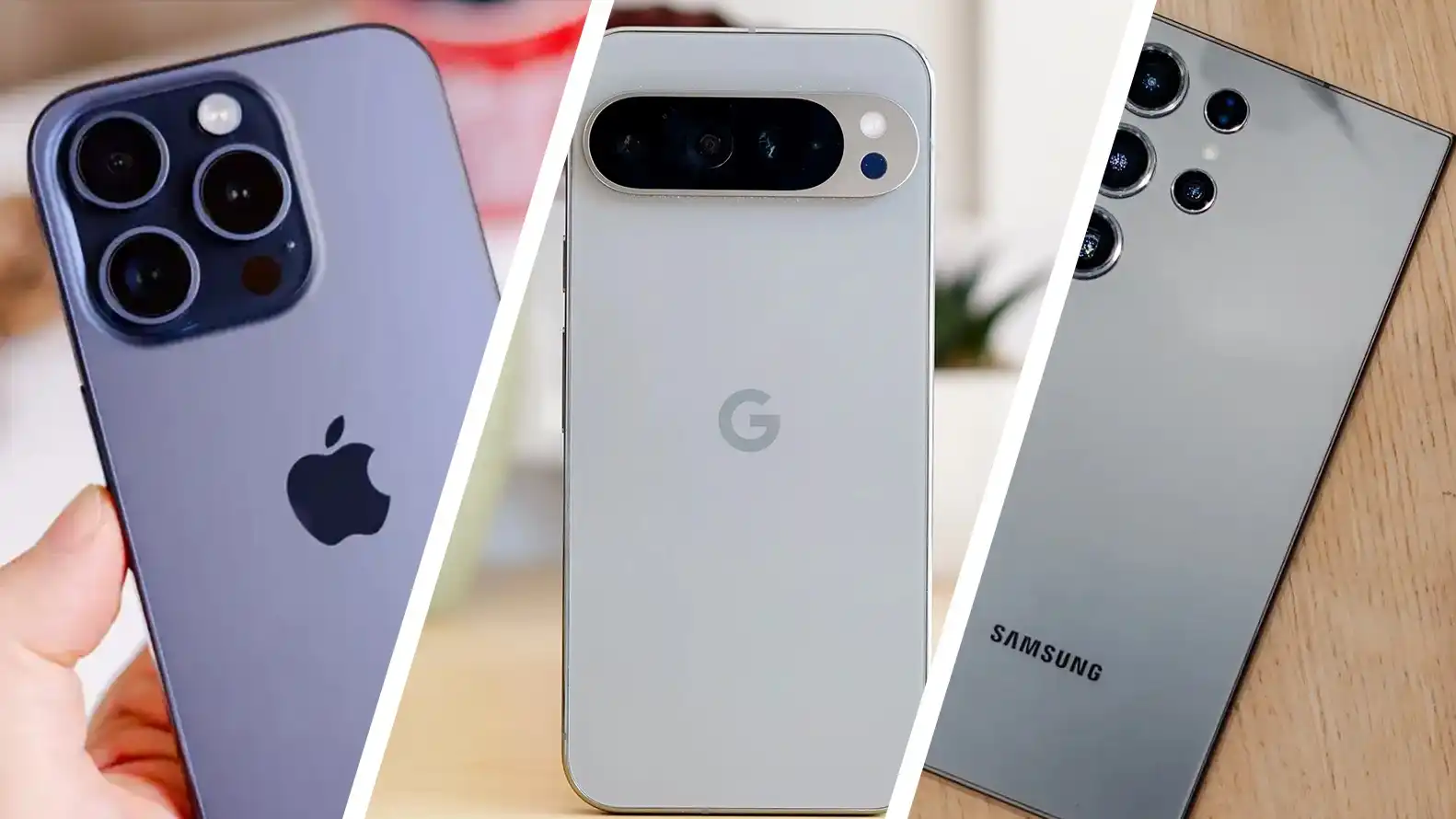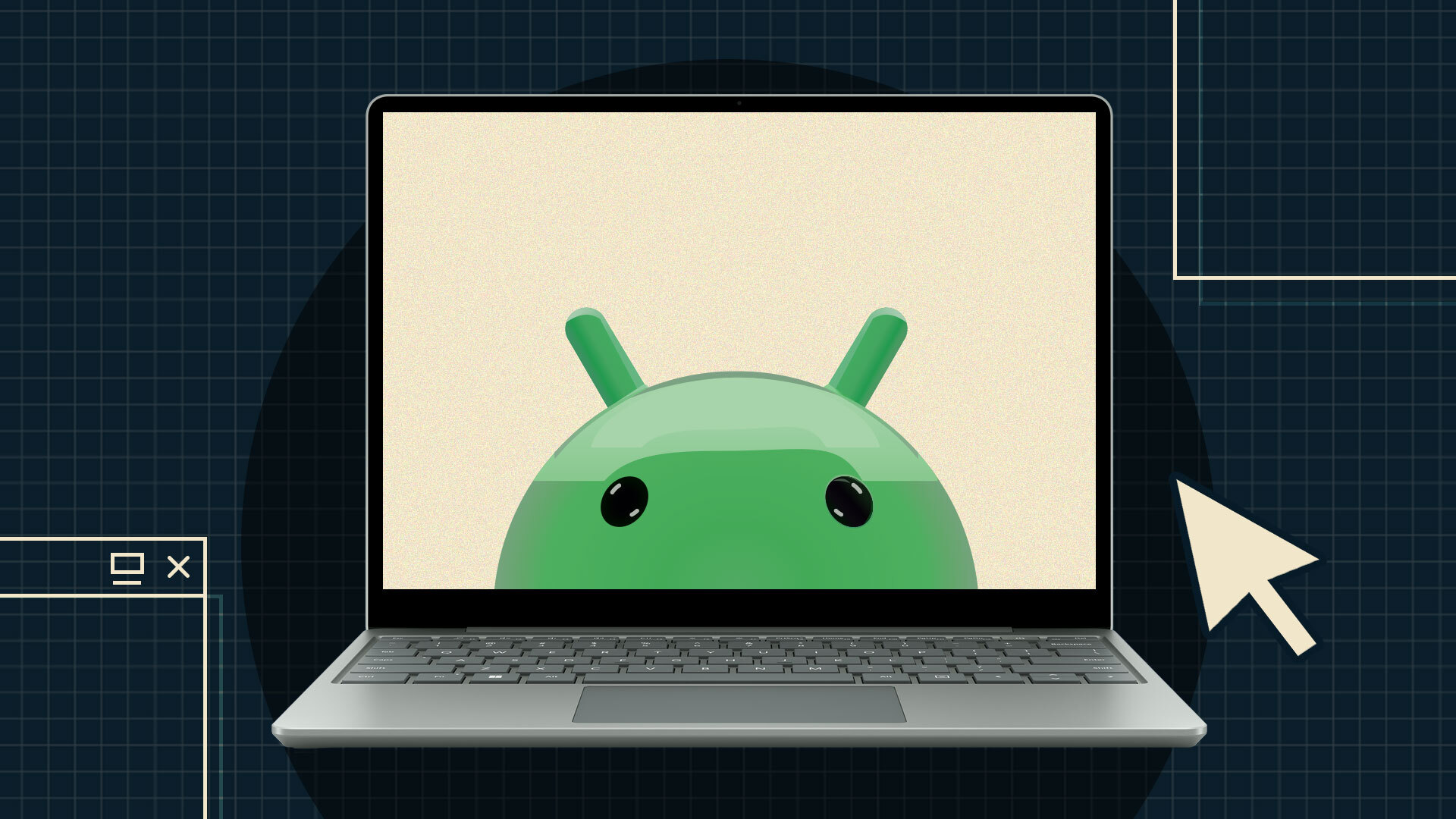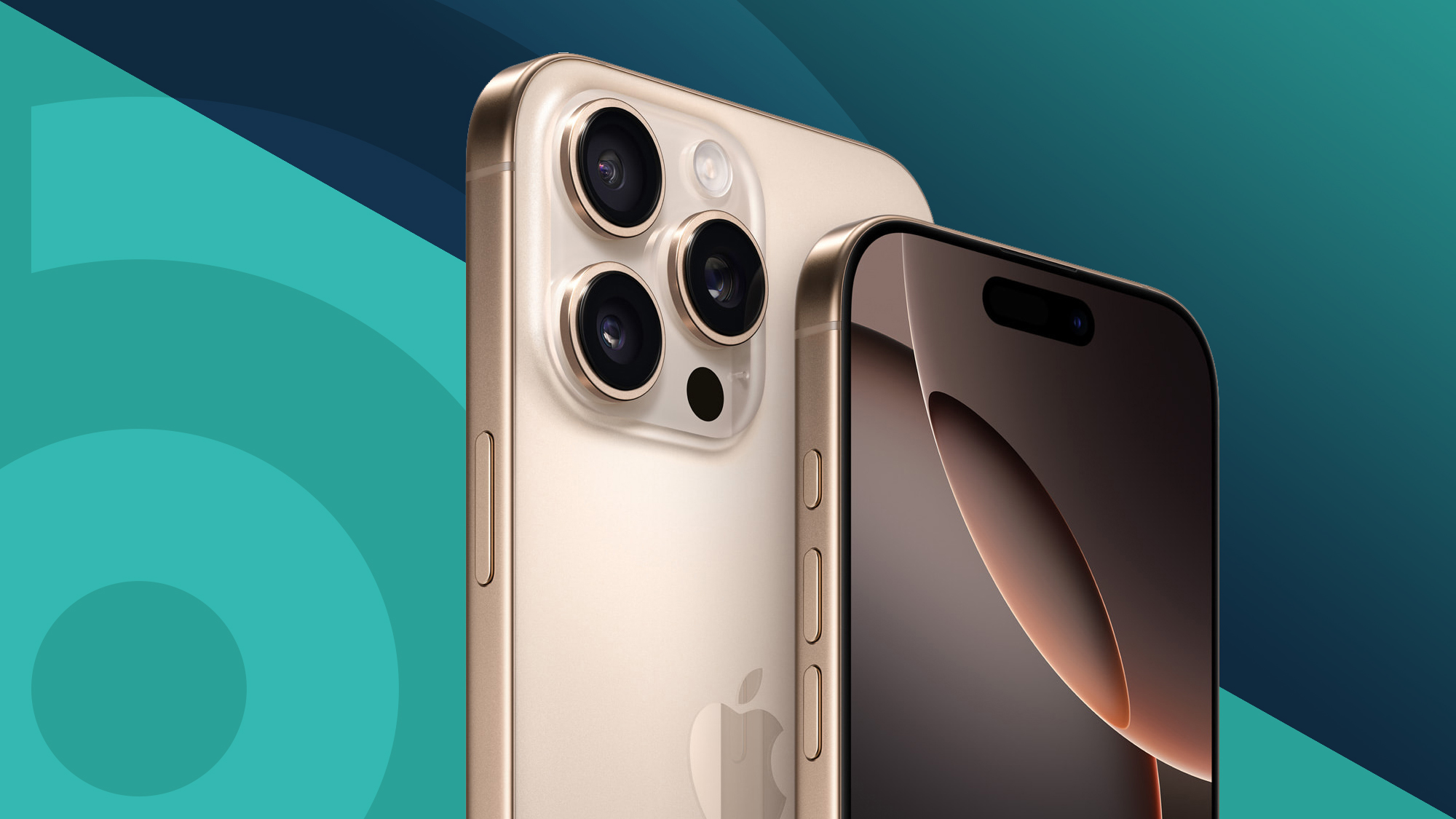In 2025, the age-old debate of Android vs. iOS continues to dominate discussions among tech enthusiasts, casual users, and professionals alike. Choosing the right operating system isn’t just about picking a phone—it’s about selecting a platform that aligns with your lifestyle, preferences, and needs. With technological advancements like AI-driven apps, seamless ecosystem integrations, and ultra-customizable features, the battle between Android and iOS has never been more intense.
Whether you’re a fan of the open-source flexibility of Android or the premium, seamless experience of iOS, both platforms bring unique strengths to the table. In this article, we’ll dive deep into their differences, highlighting the strengths and limitations of each to help you decide which one fits your lifestyle in 2025. By exploring aspects such as performance, customization, security, app ecosystems, and pricing, you’ll be equipped with the insights needed to make an informed decision.
The choice between Android vs. iOS is no longer a matter of which is “better” overall but which one caters to your unique needs. Are you someone who values affordability and variety, or do you prioritize security and simplicity? Let’s unpack the features and benefits of each platform in detail, so you can confidently choose the one that enhances your digital life.
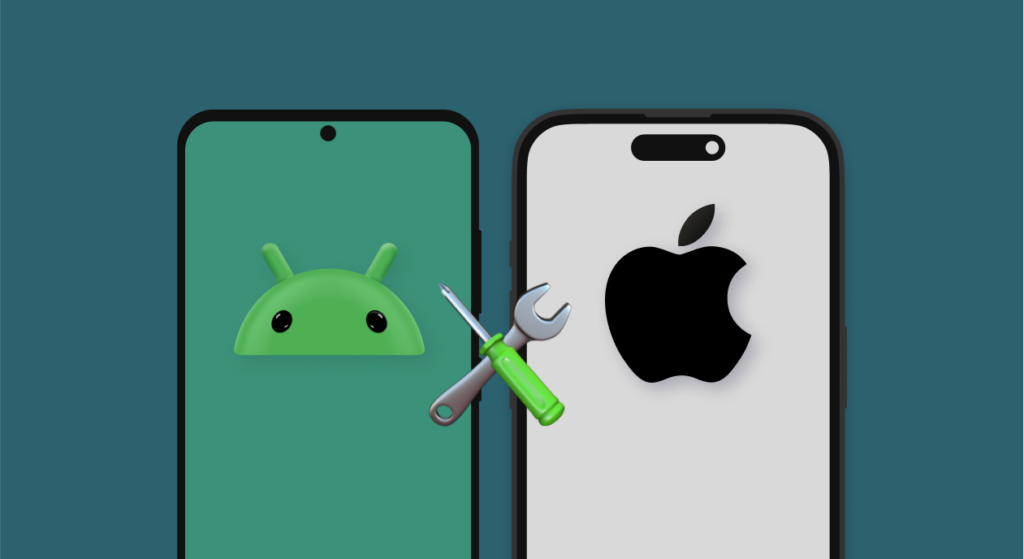
Customization and User Experience
Android: Tailored to You
Android has always been the go-to platform for those who value flexibility and customization. In 2025, this remains one of its most defining characteristics. Android devices allow users to tweak everything from home screens and widgets to themes and fonts, making it an ideal choice for users who want their device to reflect their personality. Whether you’re a minimalist or a power user, Android offers limitless possibilities to make your phone uniquely yours.
With the latest updates, Android now includes advanced AI tools that allow users to automate tasks, personalize recommendations, and even create custom app workflows. Features like Material You have also evolved, giving users the ability to design their UI based on wallpapers, moods, or daily activities.
iOS: Simple Yet Sophisticated
On the other hand, iOS offers a more structured and polished user experience. Apple has refined its design language, ensuring simplicity and ease of use. The new iOS 19, launched in 2025, introduces subtle yet powerful features like improved dynamic widgets, Focus Mode enhancements, and deeper integration with Apple’s ecosystem.
While iOS lacks the granular customization options of Android, it compensates with a streamlined interface that “just works.” For users who prefer a clean and cohesive experience, iOS delivers unmatched simplicity without sacrificing functionality.
| Feature | Android | iOS |
|---|---|---|
| Customization | Extensive options, themes, widgets | Limited to dynamic widgets and focus modes |
| Ease of Use | Moderate learning curve | Intuitive and beginner-friendly |
| Personalization | High | Moderate |
Ecosystem Integration
Android: A World of Choice
Android’s open ecosystem allows it to connect with a wide range of devices, including smart TVs, wearables, and IoT devices from various manufacturers. In 2025, Android’s integration with Google services and third-party hardware has reached new heights. Whether you’re syncing your Samsung Galaxy phone with a smartwatch or using Google Nest devices to automate your home, Android’s versatility shines.
Additionally, Android’s partnerships with brands like Samsung, Xiaomi, and OnePlus ensure users have a vast array of choices. This freedom makes Android the preferred option for users who want a diverse range of compatible devices and don’t want to be tied to a single brand.
iOS: Seamless and Exclusive
Apple’s ecosystem remains unparalleled when it comes to seamless integration. From your iPhone to your Apple Watch, iPad, and Mac, everything works together flawlessly. With the latest updates in 2025, features like Universal Control and Handoff have become more sophisticated, allowing users to switch between devices effortlessly.
Moreover, the Apple ecosystem ensures consistent performance and compatibility. iCloud integration, AirDrop, and Apple’s HomeKit make managing devices a breeze. However, this exclusivity comes at a cost—you’re limited to Apple’s hardware, which may not appeal to those seeking variety.
Performance and Hardware
Android: Variety and Innovation
The diversity of Android devices means users can find something tailored to their budget and performance needs. In 2025, flagship Android phones boast cutting-edge features like foldable screens, 200MP cameras, and ultra-fast charging. Brands like Samsung and Google are leveraging AI to enhance hardware performance, with Tensor G5 chips and Snapdragon Gen 3 processors powering the latest models.
However, the variability in hardware also means some Android devices can lag behind in updates or performance consistency, especially in budget models. While high-end Android devices excel, lower-end options might not match the smooth experience of an iOS device.
iOS: Optimized Power
Apple’s tight control over both hardware and software ensures top-notch performance. The new A19 Bionic chip in 2025 sets the standard for speed and efficiency, making iPhones some of the most reliable devices on the market. Apple’s vertical integration means every app and feature is optimized for its hardware, resulting in consistent performance across all devices.
While iPhones lack the experimental features seen in Android devices, their durability and long-term software support make them a dependable choice.
App Ecosystem and Software Updates
Android: The Power of Choice
With over 3 million apps on the Google Play Store, Android offers unparalleled variety. From productivity tools to niche apps, Android users have the freedom to install apps from third-party sources, making it a haven for tech-savvy individuals.
However, software updates on Android devices remain inconsistent. While Google Pixel phones receive timely updates, other manufacturers often lag behind, creating a fragmented experience.
iOS: Quality Over Quantity
Apple’s App Store, though smaller, is known for its rigorous quality standards. Apps on iOS are optimized to deliver a smooth and secure experience, making it the platform of choice for developers. In 2025, iOS updates are faster and available across all supported devices simultaneously, ensuring users always have access to the latest features and security patches.
Security and Privacy
Android: Improved But Still Catching Up
Android has made significant strides in security, with features like biometric authentication, encrypted storage, and AI-based threat detection. However, its open nature still poses vulnerabilities. Users who sideload apps or download from unverified sources may face risks, making it essential to stay vigilant.
iOS: Leading in Privacy
Apple continues to set the benchmark for privacy and security. With advanced features like App Tracking Transparency and on-device data processing, iOS minimizes user data collection. In 2025, Apple has doubled down on its commitment to privacy, introducing enhanced encryption for iCloud backups and Safari Private Relay for secure browsing.
Pricing and Value
Android: Affordable to Premium
One of Android’s biggest advantages is its range of pricing options. From budget-friendly models under $300 to premium devices over $1,500, there’s something for everyone. This flexibility makes Android an excellent choice for users who want value for money without compromising on features.
iOS: A Premium Investment
iPhones remain a premium product, with prices starting at $799 for entry-level models and exceeding $1,500 for Pro variants. However, the long-term value of iPhones, including software updates and resale value, often justifies the initial cost for many users.
Conclusion
In the end, the decision between Android vs. iOS in 2025 boils down to your lifestyle and priorities. Android offers unmatched customization, affordability, and variety, making it ideal for tech enthusiasts, creatives, and budget-conscious users. Its open ecosystem provides freedom and innovation, catering to those who love experimenting with new features and devices.
On the other hand, iOS excels in simplicity, security, and ecosystem integration, making it perfect for users who value reliability, privacy, and a seamless experience across devices. Apple’s consistent updates and polished user experience continue to attract loyal fans who want their technology to just work.
As we navigate the ever-evolving landscape of smartphones, the choice isn’t about which platform is better—it’s about which one fits your lifestyle. By understanding the strengths and weaknesses of both Android and iOS, you can make a decision that complements your unique needs and enhances your digital experience in 2025 and beyond.

